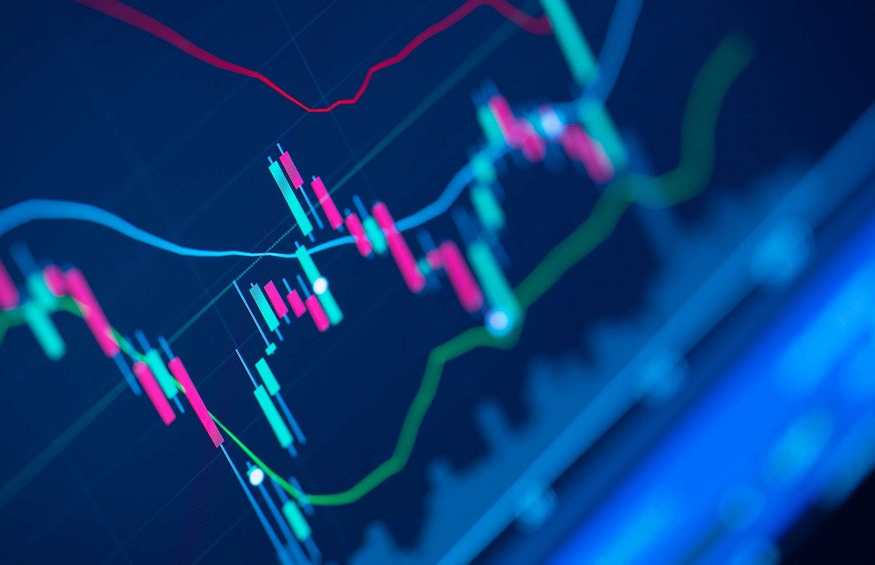
When considering investments, it is essential to look beyond traditional markets and consider potential future markets. Future markets are a relatively new type of financial instrument that can help to optimise investment portfolios with the trade-off of increased risks compared to more conventional instruments.
Understanding how future markets work and effectively harnessing their power can open up opportunities for investing in products with potential returns that cannot be found elsewhere. This article will explore what precisely future markets are, how they differ from traditional financial instruments, and how investors should approach them when constructing their portfolios.
Defining Future Markets – an Overview
As we move towards the latter half of the 21st century, markets are expected to undergo significant transformations. The landscape of industries is set to change, influenced by factors such as technology, globalisation, environmental concerns, and shifting demographics, to name a few. Therefore, defining future markets requires a thorough analysis of changes that are likely to occur.
Companies should invest resources into understanding the new paradigms shaping the future landscape to position themselves for growth and remain competitive. According to experts, future markets will be characterised by increased digitalisation, automation, sustainability, and customer-centricity. Companies must stay ahead of these trends to thrive in a rapidly changing business environment.
Types of Future Markets and Their Benefits
Future markets are divided into two broad categories: physical and financial. Physical future markets involve trading commodities such as food, energy, and materials. Financial future markets involve investing in stocks, bonds, currencies, or derivatives. Regardless of type, the main benefit of future markets is that they offer investors exposure to high-growth areas while providing a degree of insulation from market volatility.
Additionally, because these markets are relatively new compared to traditional ones, they can present opportunities for higher returns than possible with more established investments. As such, they can diversify an investment portfolio and reduce risk while increasing potential rewards. Product futures are a type of future market that can be used to gain exposure to specific products, industries, or technologies.
How Future Markets Work – Understanding the Mechanics
Future markets are highly complex instruments that require a solid understanding of the underlying principles to be successful. To make informed decisions, investors should have a firm grasp of financial and investment concepts, including how derivatives work, an understanding of technical analysis, and the ability to interpret market data.
It is also essential to consider technological developments as this can affect future markets significantly. For example, artificial intelligence (AI) advances may create new investment opportunities in AI-based products or services. Finally, it is advisable to consult with professionals when using future markets as they can provide critical insights on market trends and potential risks associated with investing in them.
The Different Ways to Trade in Future Markets
There are several ways to trade in futures markets, including futures contracts, options, and forwards. Futures contracts involve buying or selling a commodity at a set price on a specific date in the future. Options give investors the right but only the obligation to buy or sell an asset at a predetermined price at a specific date. Forwards are similar to futures contracts, but they are negotiated directly between two parties rather than traded on an exchange.
No matter which instrument is used, investors must understand how each works to make informed decisions when trading in future markets. Additionally, traders should always be aware of potential risks associated with investing in these instruments as they may present higher risks than traditional investments due to their relatively new nature.
Are Future Markets Right for You – Assessing Your Options
Future markets can be a great way to gain exposure to high-growth areas while diversifying an investment portfolio. However, they also present increased risks compared to more conventional instruments and require a thorough analysis to make informed decisions. Therefore, investors need to assess their risk tolerance before investing in future markets and conduct proper due diligence on the opportunities they are looking at.
Ultimately, future markets can provide attractive returns, but only if investors understand how they work and are willing to take on higher levels of risk than traditional investments. Those who choose to invest should seek guidance from experienced professionals whenever possible and focus on picking the right products that suit their needs.
Strategies for Success in Future Markets
The key to success in future markets is to have a well-rounded understanding of the instruments and identify potentially lucrative opportunities. As with any investment, it is essential to conduct thorough research on the available options, paying attention to market trends and technological developments that could affect potential returns. Additionally, investors should diversify their portfolios with a mix of different products to not put all their eggs in one basket.
Finally, it is beneficial for traders to stay up-to-date with news related to future markets and only invest when they are confident that they understand the risks involved. By using these strategies, investors can take advantage of the potential benefits offered by future markets while minimising their risk exposure.

